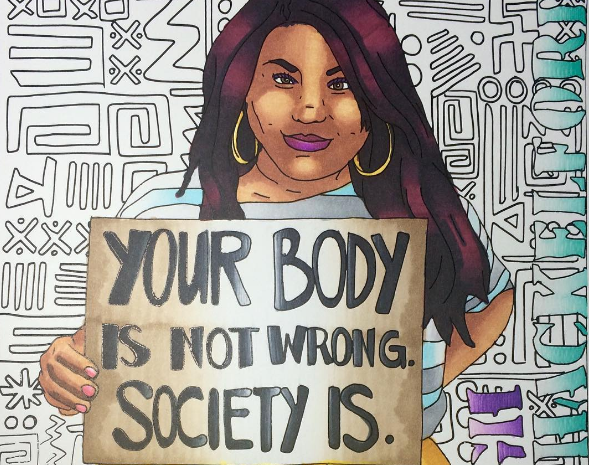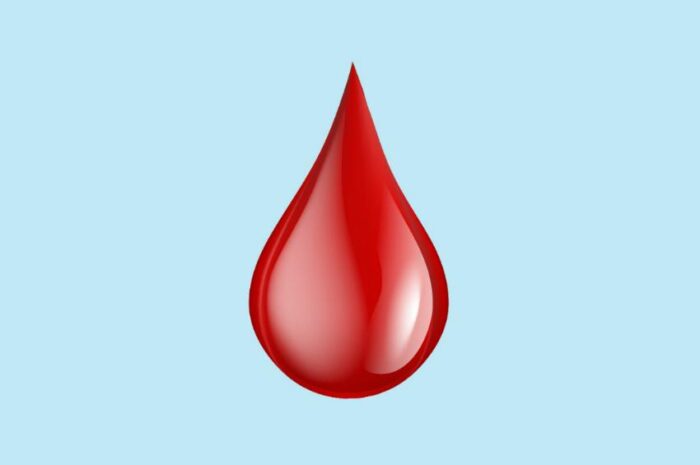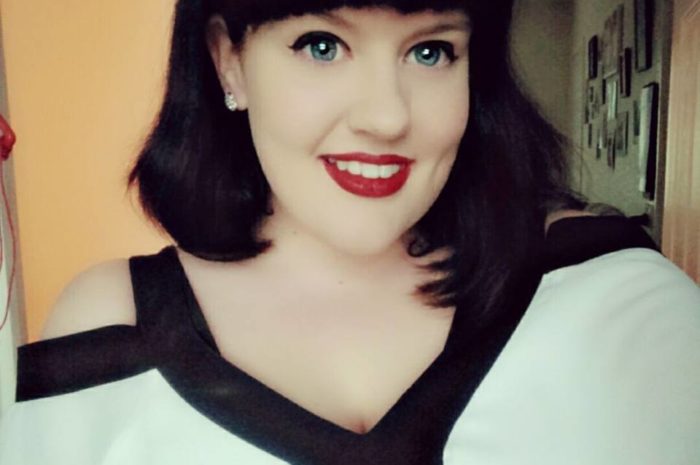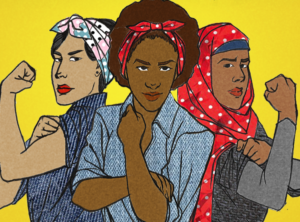
By: Amelia I. Benson
I’m sure you know the phrase ‘Representation Matters’, this term has been used more in the last few years within the Black community especially when the movie Black Panther hit the big screen. Many just saw it as another Marvel movie, but for people of African descent and Black Africans around the world it made us proud to see The Culture represented in such a meaningful and powerful way. I think this also matters throughout everyday life.
When I was asked to write an article on being a woman of color in surgical menopause I thought “cool no problem” but then I didn’t know where to begin because I had never really thought about it in that aspect. So as I sat with my laptop and asked myself the question and pretended that I was being interview, when I began speaking aloud it came to me that it’s not about being a Black woman per se, but being a part of a community that places a high value on privacy and keeping things secret because it’s no one’s business.
What goes on in this house stays in this house this is a very common saying in Black households, this is a statement said to children to let them know you don’t tell people your family business. I can’t help but make the observation that this is why we struggle with mental illness among other things, but for the purposes of this article I’ll stick to my topic.
This common phrase could be the reason why most Black women suffer in silence when we are dealing with things especially medical issues. Being a Black woman comes with a lot of unreasonable expectations and false thought patterns that cause us to keep our emotions inside and keep us from sharing our Truth for example what it means to be “strong”. For many strong means “doing what you have to do”, not showing people that you get emotional, dealing with disrespect for the sake of financial stability, putting on a smile when you just want to cry, most of us don’t want to be vulnerable for fear of being seen as attention seeking or weak.
We tend to push through our pain, physical, and mental without acknowledging them. Someone may be reading this, and you are agreeing with everything that I am saying, and you are dealing with your medical situation alone, the reality is you don’t have to be.
When I was going through endometriosis I hated when people asked me what was wrong, but when I explained it to them I would receive replies like “girl you’ll be alright it’s just your period take something for it”, in my head I wanted to yell and cry “IT’S NOT JUST A PERIOD!”, but I would just walk away. I didn’t understand until five years ago when I had to have a total abdominal hysterectomy that when people say incentive things it becomes a teaching moment.
I learned that by talking about my experiences not only educates, but it helps those who are going through a similar experience not feel along and the bonus is you begin to have inner healing. At 9 years old I didn’t think that my menstrual would turn out to be one of the worst things that would happen to me, I didn’t think at 21 years old when I was diagnosed that I would have to have a hysterectomy at 33 that would leave me unable to give birth, mentally and emotional broken.
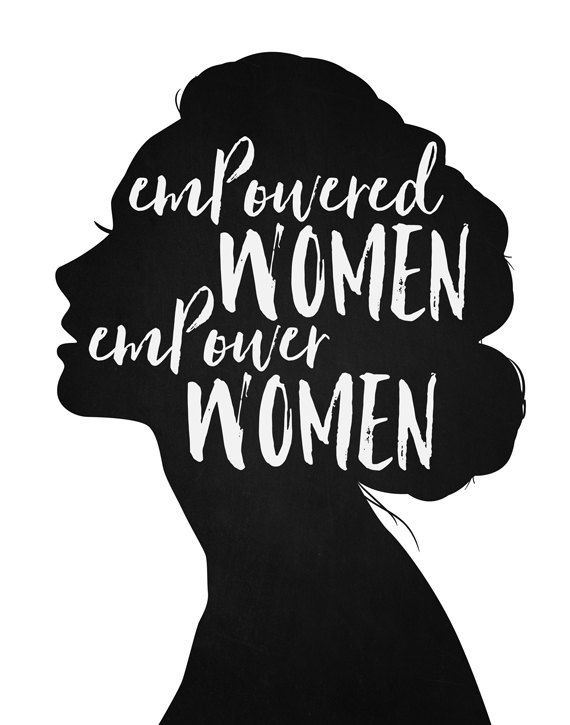
My truth is I am a Black woman experiencing surgical menopause because I had a Bilateral Salpingo-Oophorectomy (total hysterectomy), my truth is people stare when I glisten with sweat because of my hot flashes, and yes after 5 years on this journey I still sometimes get embarrassed.
My truth is I wanted to be able to have a doctor tell me “congratulations, you’re pregnant”, but instead my doctor told me I cannot give birth.
My truth is sometimes I cry when I see pregnant women, when I see babies.
My truth is I have set boundaries for myself to preserve my mental health, I acknowledge my feelings when I am sad or have anxiety.
My truth is I have difficulty sleeping at night, and I am constantly learning how to manage my mood swings.
My truth is I am a Black women who believes that I went through all that I did so that I could support other woman on a similar journey, and to inform and educate Black women and men on women’s reproductive health along with ways to manage menopause one hot flash at a time, You Are Not Alone.
You can follow my journey via Instagram at @millennialmenopause

